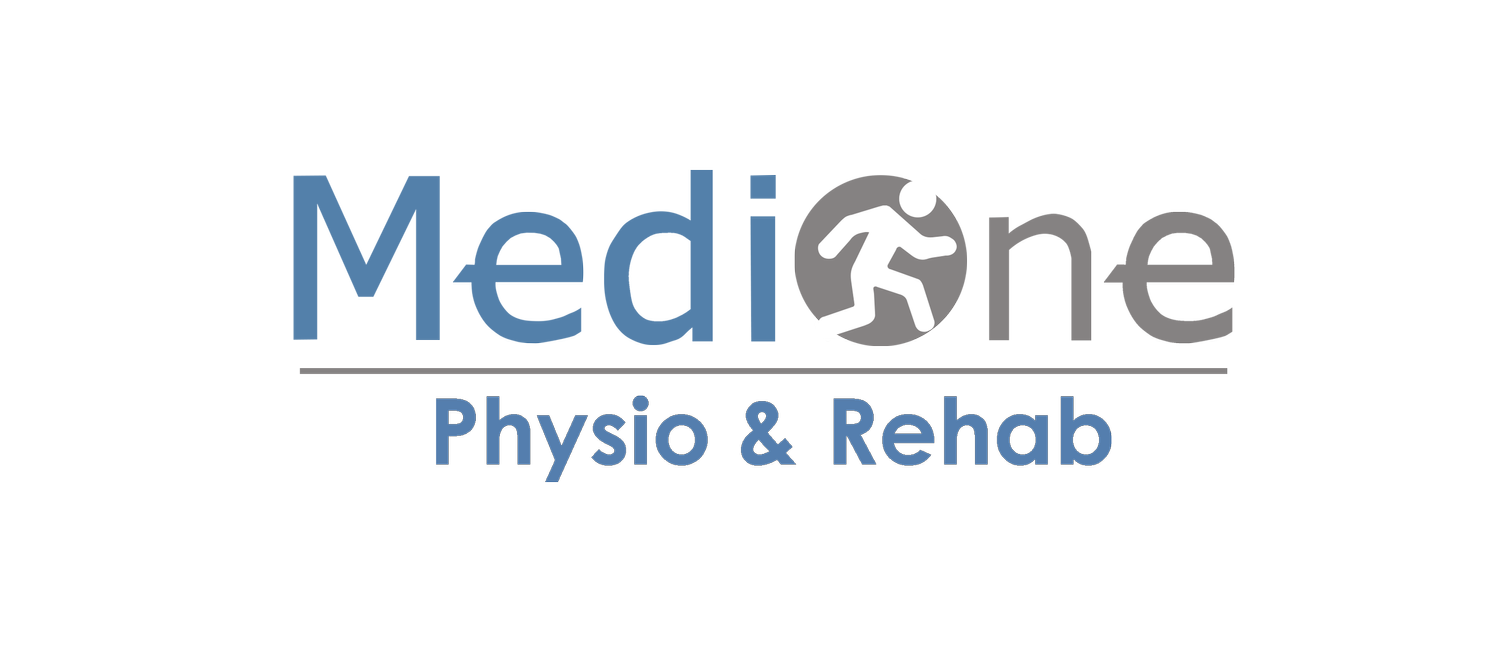Mind Over Pain: How Psychotherapy Supports Chronic Pain Relief
Chronic pain affects not only the body, but also the mind. Individuals dealing with long-term pain often experience anxiety, depression, sleep disturbances, and social withdrawal. Fortunately, psychotherapy—often thought of solely as a treatment for emotional concerns—is proving to be an essential part of holistic pain management. In this edition, we explore the role of psychotherapy in treating chronic pain, the mind-body connection, and evidence-based techniques that promote long-term relief and resilience.
Understanding the Pain-Psychology Connection
Pain is more than a physical sensation—it’s shaped by thoughts, emotions, and past experiences. Chronic pain can alter brain activity and amplify perceived discomfort, especially when accompanied by stress or fear of movement (kinesiophobia). In fact, studies show that people who catastrophize their pain (e.g., “this will never get better”) tend to experience more intense symptoms.
Psychotherapy helps individuals reframe these unhelpful thought patterns, improving pain tolerance and emotional resilience. Cognitive Behavioral Therapy (CBT) and Acceptance and Commitment Therapy (ACT) are two widely supported approaches that empower patients to manage their pain, rather than be ruled by it (Ehde et al., 2014).
How Psychotherapy Supports Pain Management
Therapists help clients address the emotional toll of pain while also teaching strategies that reduce physical tension. Techniques include:
Cognitive restructuring: Challenging catastrophic or hopeless thoughts.
Relaxation training: Breathing, visualization, and progressive muscle relaxation to calm the nervous system.
Activity pacing: Teaching clients how to balance activity and rest to avoid pain flare-ups.
Emotional processing: Helping patients work through trauma or loss associated with their condition.
According to the American Psychological Association, psychotherapy can lead to reductions in both perceived pain intensity and pain-related disability (APA, 2019).
Addressing the Stress-Pain Cycle
Chronic pain activates the body’s stress response, which tightens muscles, disrupts sleep, and amplifies pain signals. Over time, this creates a stress-pain cycle: stress causes pain, which leads to more stress.
Psychotherapy helps interrupt this cycle by teaching tools for emotional regulation, mindfulness, and body awareness. Mindfulness-Based Stress Reduction (MBSR) in particular has been shown to lower pain intensity and improve quality of life in individuals with fibromyalgia, arthritis, and back pain (Grossman et al., 2004).
Building a Multidisciplinary Approach
Pain is best treated through a biopsychosocial model—combining physical treatment with emotional and cognitive care. Psychotherapists often collaborate with physiotherapists, physicians, and pain specialists to ensure:
Medication use is complemented by coping skills
Movement therapies are supported by mindset work
Patients have consistent support across disciplines
By integrating psychotherapy into a chronic pain care plan, patients often see greater functional outcomes and fewer flare-ups.
Chronic pain is a complex condition that affects the entire person—not just the area that hurts. Psychotherapy offers a safe and powerful way to address the emotional and psychological aspects of pain, reduce suffering, and improve day-to-day function. When paired with physical therapy and medical care, talk therapy becomes a critical tool in helping patients reclaim their quality of life.
At MediOne Physio & Rehab we’re here to provide a comprehensive assessment your health and wellness. We help curate a concise and effective treatment plan to help you manage your health. Questions about your diet or joint health?
We offer complimentary consultations for Psychotherapy. See the link below and book yours today!
References
Ehde, D. M., Dillworth, T. M., & Turner, J. A. (2014). Cognitive-behavioral therapy for individuals with chronic pain: Efficacy, innovations, and directions for research. American Psychologist, 69(2), 153–166. https://doi.org/10.1037/a0035747
Grossman, P., Niemann, L., Schmidt, S., & Walach, H. (2004). Mindfulness-based stress reduction and health benefits: A meta-analysis. Journal of Psychosomatic Research, 57(1), 35–43. https://doi.org/10.1016/S0022-3999(03)00573-7
American Psychological Association (APA). (2019). Chronic Pain and Psychology. https://www.apa.org/topics/pain/psychology







